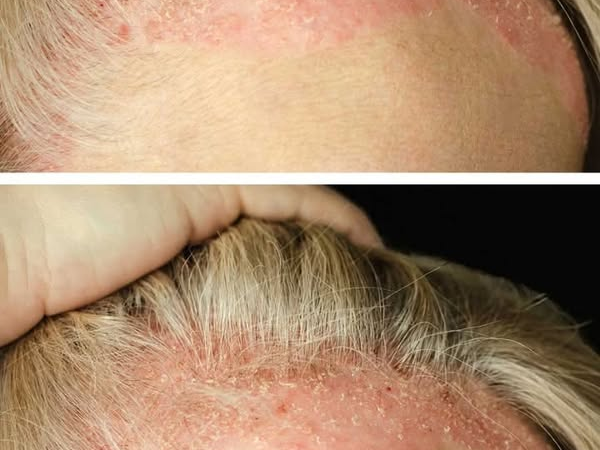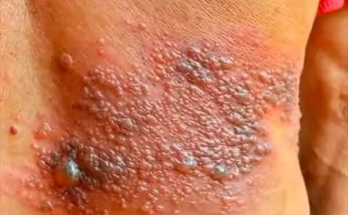Scaly, Itchy Skin Near the Scalp: Causes, Relief, and Prevention
Having scaly, itchy skin on your forehead near the scalp? It’s not only uncomfortable but can also be embarrassing. This pesky skin issue can stem from various factors. Skin conditions like psoriasis or eczema are common culprits, but allergic reactions and fungal infections can also be to blame. The skin here is extra sensitive, thanks to its closeness to the hairline and exposure to hair products. Figuring out the root cause is key to getting real relief.

Spotting Scalp Psoriasis Symptoms
Scalp psoriasis is a frequent problem that brings on scaly, itchy patches, especially around the hairline. Look for red, irritated skin covered in thick, silver scales. You might also notice a dry scalp, itching, and soreness. In some cases, it spreads beyond the hairline, affecting your forehead, neck, and ears. Catching these signs early makes managing the condition much easier.
Home Remedies for Quick Relief
While waiting to see a doctor, you can try some simple home fixes. These remedies focus on moisturizing, calming inflammation, and soothing irritated skin. Just remember to test any new treatment on a small area first to avoid bad reactions.
- Aloe Vera Gel Magic: Aloe vera gel is great for soothing and hydrating. Apply a thin layer to the itchy area to reduce inflammation and ease the itch. Its healing properties can also help your skin recover.
- Coconut Oil Hydration: Coconut oil is a natural moisturizer that penetrates deep. Rub a bit onto scaly patches to soften the skin and fight dryness. Plus, its antibacterial powers help prevent infections.
- Apple Cider Vinegar Soothing: Dilute apple cider vinegar with water (1:1) and apply it with a cotton ball. Its anti-inflammatory effects can calm itching and irritation. Let it sit for a few minutes, then rinse with lukewarm water.
- Oatmeal Baths: Oatmeal is known for soothing itchy skin. Add colloidal oatmeal to a warm bath and soak for 15 – 20 minutes. It’s a great way to ease inflammation.
- Tea Tree Oil Treatment: Mix a few drops of tea tree oil with carrier oil (like coconut or olive oil) and apply. Its antifungal and antibacterial properties can reduce inflammation and keep infections at bay.
- Humidifier Help: Dry air makes skin problems worse. Using a humidifier adds moisture to the air, keeping your skin hydrated and reducing symptoms.
- Gentle Exfoliation: Gently scrubbing the area with a soft brush or mild exfoliant removes dead skin cells and cuts down on scaling. Just don’t scrub too hard and irritate the skin more.
- Over-the-Counter Options: Medicated shampoos with salicylic acid or coal tar can help. They reduce scaling and inflammation. Always follow the package instructions and ask a pharmacist if you’re unsure.
When to See a Doctor
If home remedies don’t work or your symptoms get worse, it’s time to see a pro. Persistent, severe, or spreading symptoms may need prescription treatments or a proper diagnosis to rule out other conditions.
Preventing Scalp Psoriasis Flare-ups
To avoid flare-ups, manage stress, skip harsh hair products, and live a healthy lifestyle. Regularly moisturize and use gentle, fragrance-free products to keep your skin in good shape.
Conclusion
Dealing with scaly, itchy skin near the scalp is no fun, but knowing what to do can make a big difference. Home remedies offer temporary relief, but keep an eye on your symptoms. If needed, seek medical advice. With the right care, you can keep this skin issue under control.



